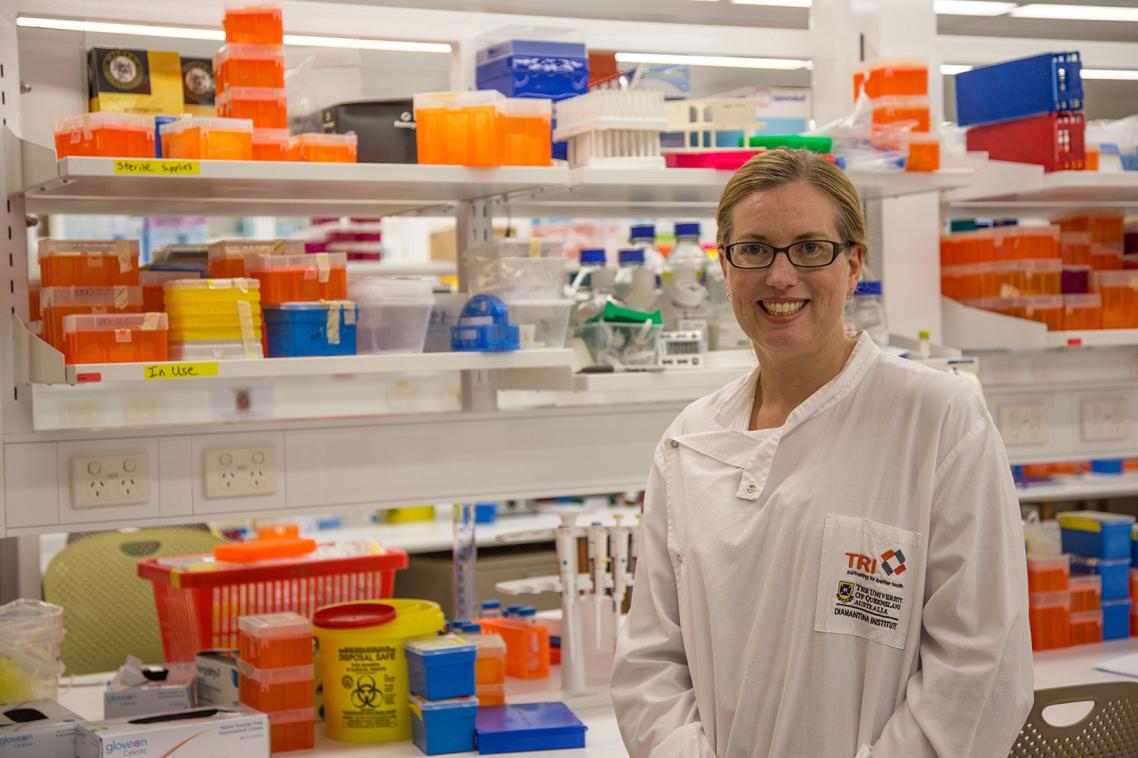Researchers discover link between gut and type 1 diabetes

Scientists have found that targeting micro-organisms in the gut, known as microbiota, could have the potential to help prevent type 1 diabetes.
University of Queensland researcher Dr Emma Hamilton-Williams investigated differences in the gut microbiota, comparing those susceptible to type 1 diabetes to those protected against the autoimmune disease.
“This research has shown there is a genetic component to microbiota and the immune response involved in regulating it,” she said.
“This means that changes in the microbiota in type 1 diabetes occur before symptoms develop, and are not just a side-effect of the disease.
“Therapies targeting the microbiota could therefore have the potential to help prevent type 1 diabetes in the future.”
Dr Hamilton-Williams said the study also showed that an immunotherapy targeting T-cells associated with type 1 diabetes resulted in dramatic changes in the gut biology and altered the microbiota in mice models.
“We showed that genetic susceptibility and change in immune system function led to alterations in the microbiota,” she said.
“The implications are that a person’s genetics contribute to an unhealthy microbiota as well as their diet.”
Dr Hamilton-Williams said researchers involved in the study investigated microbiota and genetic susceptibility in mice models of type 1 diabetes and in a human study of twins in the UK.
Dr Hamilton-Williams said the next step was to examine clinical trials of immunotherapies to determine if the microbiota changed in people who responded positively to treatment.
She said scientists could then create treatments directly aimed at restoring the gut microbiota to a healthy state and develop better treatments for type 1 diabetes.
The research has been published in the journal, Microbiome.
Footage for media available on request.
Media: Dr Emma Hamilton-Williams, e.hamiltonwilliams@uq.edu.au, +61 7 3443 6989; Sam Benger, Faculty of Medicine Communications, s.benger@uq.edu.au, +61 7 3365 5118.
Topics
Related articles

Should you consent to your doctor using an AI scribe? Here’s what you should know.

How a drone delivering medicine might just save your life
Media contact
UQ Communications
communications@uq.edu.au
+61 429 056 139

